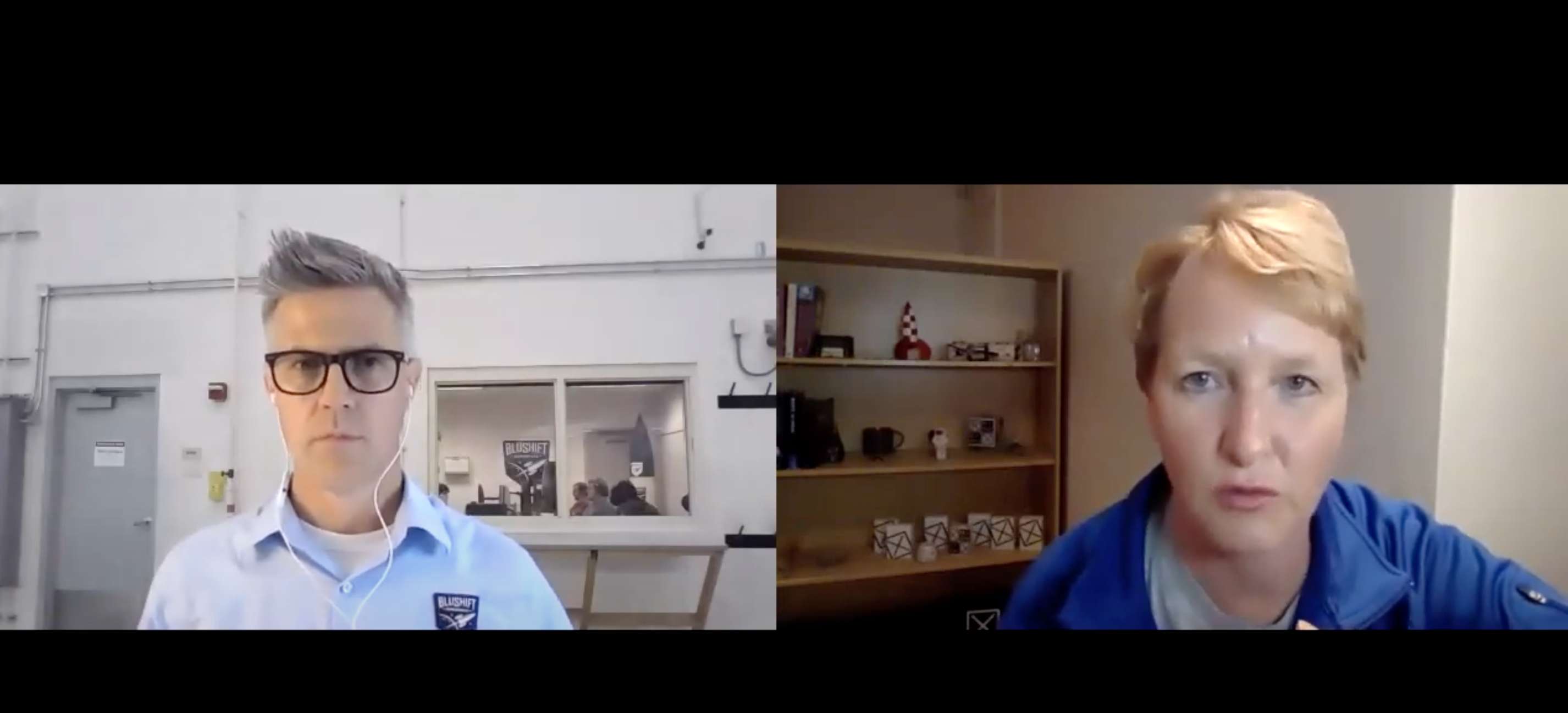
Processing Your Payment
Please do not leave this page until complete. This can take a few moments.
- News
-
Editions
-
- Lists
-
Viewpoints
-
Our Events
-
Event Info
- Women's Leadership Forum 2025
- On the Road with Mainebiz in Bethel
- Health Care Forum 2025
- On The Road with Mainebiz in Greenville
- On The Road with Mainebiz in Waterville
- Small Business Forum 2025
- Outstanding Women in Business Reception 2025
- On The Road with Mainebiz in Bath
- 60 Ideas in 60 Minutes Portland 2025
- 40 Under 40 Awards Reception 2025
- On The Road with Mainebiz in Lewiston / Auburn
- 60 Ideas in 60 Minutes Bangor 2025
Award Honorees
- 2025 Business Leaders of the Year
- 2024 Women to Watch Honorees
- 2024 Business Leaders of the Year
- 2023 NextUp: 40 Under 40 Honorees
- 2023 Women to Watch Honorees
- 2023 Business Leaders of the Year
- 2022 NextUp: 40 Under 40 Honorees
- 2022 Women to Watch Honorees
- 2022 Business Leaders of the Year
-
-
Calendar
-
Biz Marketplace
- News
- Editions
- Lists
- Viewpoints
-
Our Events
Event Info
- View all Events
- Women's Leadership Forum 2025
- On the Road with Mainebiz in Bethel
- Health Care Forum 2025
- On The Road with Mainebiz in Greenville
- On The Road with Mainebiz in Waterville
- + More
Award Honorees
- 2025 Business Leaders of the Year
- 2024 Women to Watch Honorees
- 2024 Business Leaders of the Year
- 2023 NextUp: 40 Under 40 Honorees
- 2023 Women to Watch Honorees
- 2023 Business Leaders of the Year
- + More
- 2022 NextUp: 40 Under 40 Honorees
- 2022 Women to Watch Honorees
- 2022 Business Leaders of the Year
- Nomination Forms
- Calendar
- Biz Marketplace
Brunswick rocket maker bluShift lands first commercial deal in 'new space'
 Courtesy / bluShift Aerospace
Seen here is a sample electronics device created from a kit produced by Virginia company MaxIQ, designed to allow students to affordably create space experiments.
Courtesy / bluShift Aerospace
Seen here is a sample electronics device created from a kit produced by Virginia company MaxIQ, designed to allow students to affordably create space experiments.
A Brunswick startup in the "new space" industry, bluShift Aerospace, has signed its first commercial deal, with a Virginia STEM company.
MaxIQ Space, which is based in Wise, Va., makes kits of digital, modular electronics for academic programs. The kits are designed to affordably allow students to design and assemble their own experiments, with a focus on space projects.
“This is a good omen of what’s to come for bluShift,” Sascha Deri, bluShift’s CEO and founder, said during a virtual investor call Thursday.
Deri said the new contract helps the company secure its niche in a nanosatellite launch market projected to hit $69 billion by 2030.
No waiting around
MaxIQ has already delivered as many as 1,000 student payloads to space aboard 80 separate launches through other launch organizations and is engaged in a student-led data collection project aboard the International Space Station.

But it’s been difficult for educational projects to secure spots on other rockets because students' devices aren't the primary payloads, which are usually a satellite being placed into orbit, said Judi Sandrock, president of MaxIQ.
“Nobody is addressing the university requirements to launch payloads into space, and there are too many young people right now who we can’t employ because they don’t have adequate skills to get the work done,” she said. “MaxIQ’s modular science kit technology combined with bluShift’s launches finally makes it possible for students to design, build and launch space science projects within one academic year.”
bluShift’s “Uber to space” model will be “a game-changer” for academic customers, she said.
“Too many times, we’ve been put at the back of the bus, and then the bus get full and, ‘Sorry, we’re leaving you at the bus stop and we’re moving on’ — and we’re waiting and waiting,” she said of experiences to date. “So for us, it’s about reserving our space.”
MaxIQ is working with Princeton University, Stanford University and other academic institutions to advance the acquisition of skills and to expand student access to space programs. Their partnership with bluShift Aerospace enables MaxIQ Space to secure student payloads on a regular and reliable basis, achieving the goal of delivering a full satellite systems engineering project, from idea to launch, within one academic year.
60 student payloads
MaxIQ’s pre-order agreement represents as many as 60 student payloads per launch, and a minimum of two suborbital launches per year. The agreement might be worth $2,000 to $2,500 per student payload, according to the Times Record, potentially representing $300,000 per year.
Included in the agreement with bluShift are test flights, suborbital launches and eventually orbital launches.
“This ongoing purchase order from MaxIQ signals the strong demand for affordable and frequent science payloads to space,” said Deri.
He added, “We’re providing a service that no one else is today.”
Sandrock said she and her team have been looking for launch opportunities since 2014. She said bluShift is well-suited for her mission because of its flexibility and pricing that’s affordable to academia.
“We’ve been waiting a long time for something like this,” she said.
bluShift’s use of bio-derived fuel was also of interest, she said.
“We’re finding that a lot of youngsters are very interested in sustainable development goals,” she said.
In January an all-female team of high school students from Falmouth worked with bluShift and MaxIQ to launch a science payload. The students used modular kits from MaxIQ to perform data-gathering through the flight. MaxIQ continues to work with the Falmouth High School team, and with student-led teams around the world.
That launch occurred aboard bluShift’s prototype rocket, the 20-foot-high Stardust, from Loring Commerce Centre in Limestone.
The rocket company is now developing a full-size engine, called the Modular Adaptable Rocket Engine for Vehicle Launch, or MAREVL for short, for successively larger rockets. The engine will go into the 50-foot-tall Starless Rogue, which is expected to reach 40,000 feet on its demonstration flight next summer.
If that goes successfully, the plan is to ramp up Starless Rogue for suborbital flights.
Deri said his team is reaching out to other potential academic and civil customers to build awareness of bluShift’s launch vehicle service.
“We’re anticipating we can fully book our beta launch next spring,” he said.
Launch location
Deri has also been scouting potential sites along the Downeast coast with the goal to launch over the ocean, in order to have plenty of area for the rocket's safe return.
That search is bearing fruit. He said he’s in negotiations with the owner of a site in Washington County, and is optimistic he might be able to secure the location and some of the infrastructure build-out funding in time to have a launch pad ready by spring 2022.
Announcement of the purchase order from MaxIQ comes as bluShift passes the halfway mark in its $1.07 million crowd equity Wefunder campaign.
Once the Wefunder campaign wraps up, bluShift will likely move to a Series A venture capital funding round, he said.
“Our plan is to get to the point where we’re capable of thriving off our own launch revenue as soon as possible,” he said.
About bluShift Aerospace
Founded in 2014, bluShift Aerospace has designed a nontoxic, carbon-neutral, bio-derived rocket fuel and a modular hybrid rocket engine, and is working toward a small rocket that can lift 30-kilogram payloads to low-Earth orbit. This new launch system is designed to dramatically reduce the environmental impact, cost, and wait times of small satellite launch services. By launching these rockets to polar orbit from coastal Maine, bluShift plans to create over 40 aerospace jobs in the next five years and bring revenue from the rapidly growing cubesat launch market into the state. bluShift Aerospace is headquartered at TechPlace on Brunswick Landing.
About MaxIQ Space
MaxIQ Space has been established to serve the broader space industry in delivering educational and skills development programs. The primary goal of the MaxIQ team is to inspire future space industry professionals through the practical and impactful delivery of Space STEM programs. All engagements support and promote a digital future, mapped to the identified requirements for the 4th Industrial Revolution. Practically, this requires the use of digital, modular electronics, ensuring that no formal facilities are required. The MaxIQ Space founders bring extensive experience in Space STEM education experience, multiple engineering industries, and space industry corporate governance.













0 Comments